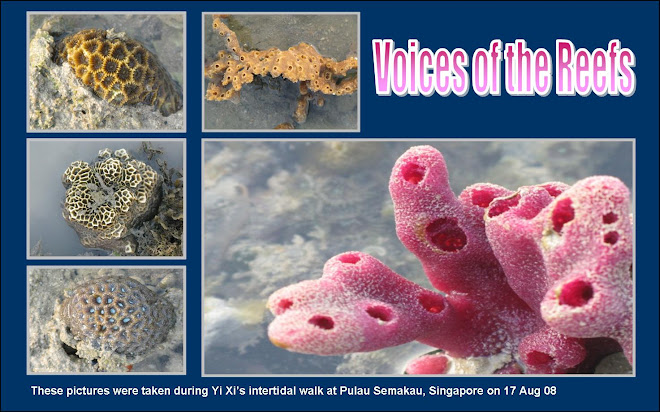SCIENTISTS have backed the Queensland government's crackdown on farm runoffs to the Great Barrier Reef, describing new laws to limit the chemicals on sugar crops and pastures as "the right answer".
Conservation groups have swung behind the measures, after producer organisations and individual farmers branded them unnecessary and a sop to the green lobby.
Judy Stewart, managing director of the Great Barrier Reef Foundation, a think tank that funds research into the impact of climate change and other threats to the reef, said the increased nutrient levels associated with agricultural runoff had been identified as the biggest threat to the corals after global warming.
"It's the right answer," Ms Stewart said of the law requiring farmers and graziers to use only the optimum amount of fertilisers and pesticides.
"The state is taking its responsibility to the reef very seriously ... I think we have to do everything we can."
Marine scientists have warned that vast sections of the reef are threatened by the coral bleaching associated with rising sea temperatures caused by climate change.
The laws, to come into effect on January 1, have been heralded as "historic" by the Queensland government.
A spokesman for Queensland Climate Change and Sustainability Minister Kate Jones hit back at claims by the Canegrowers and AgForce producer groups that the new laws were unnecessary because most farmers were already cautious about using chemicals because of their expense, and out of a sense of responsibility to the environment.
But Ms Jones's spokesman pointed out that high concentrations of the nutrients associated with fertiliser runoff were being detected up to 50kmoffshore.
Nick Heath, of WWF Australia, said it was disappointing the sugar industry was resisting the laws. "We hoped they'd represent the progressive farmers rather than those who want to keep farming the way they always have," Mr Heath said.
Separately, Queensland has announced that coral reef fish species will be off-limits for fishing for a few days this month and in November to allow for spawning time.
The state government has this year introduced a new policy of two five-day closures to allow the reef fish stocks to rebuild.
The closures will run from October 15 to 19 and November 14 to 18, which scientists say are the peak periods for spawning.
I think that this is a good law to implement as it would aid in the conservation of the reefs. The Great Barrier Reef is one of the world's greatest natural structures, and if we want to preserve it and other such structures, governments also have to take action and implement laws to protect them from further destruction.
Source: http://www.theaustralian.news.com.au/story/0,25197,26196453-30417,00.html






2 comments:
Looking over your list of likes and dislikes, I can say that 95 % of your points are more or less correct. I am an expert in this kind of analysis, and this blog has been releasing useful information.
Very informative and helpful. This is a nice information shared here. Keep Posting :)
Post a Comment